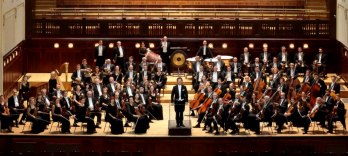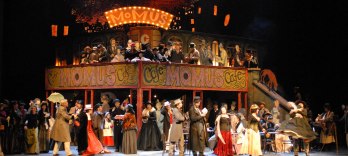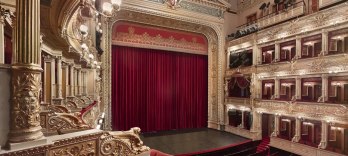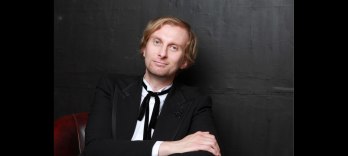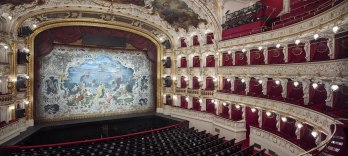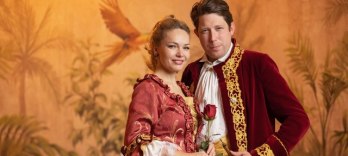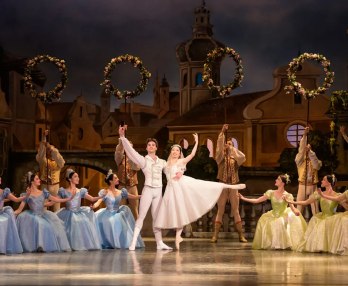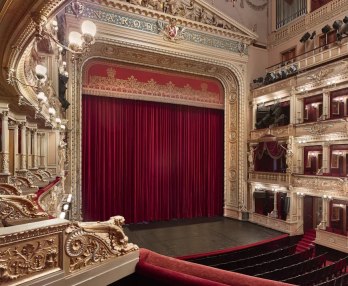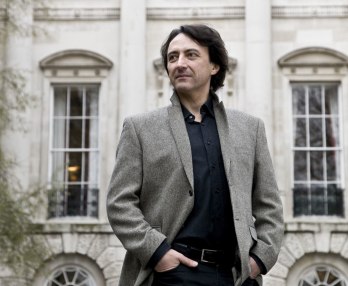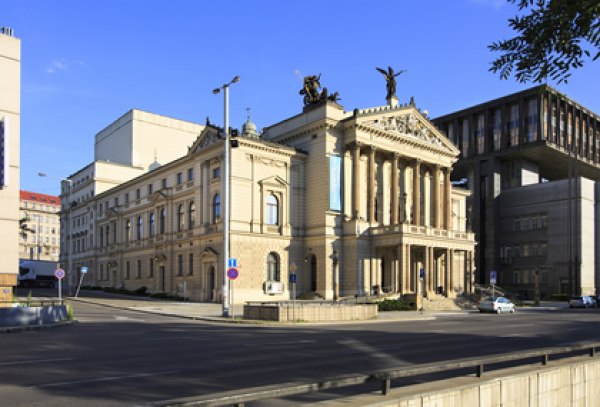Prague Opera Tickets | Prague Concerts Tickets
What's on
Municipal House Tickets
Prague - Municipal House Theater Prague
Th 07 Nov 2024, 19:30 - Th 19 Jun 2025, 19:30
Th 07 Nov 2024, 19:30 - Th 19 Jun 2025, 19:30
Prague State Opera
Prague - Prague State Opera
Th 07 Nov 2024, 19:00 - Fr 03 Jan 2025, 19:00
Th 07 Nov 2024, 19:00 - Fr 03 Jan 2025, 19:00
Prague National Theatre
Prague - Prague National Theatre
Th 07 Nov 2024, 19:00 - Su 15 Jun 2025, 19:00
Th 07 Nov 2024, 19:00 - Su 15 Jun 2025, 19:00
Rudolfinum Tickets
Prague - Rudolfinum
Th 07 Nov 2024, 19:30 - Th 07 Nov 2024, 19:30
Th 07 Nov 2024, 19:30 - Th 07 Nov 2024, 19:30
Opera and Ballet
Prague - Prague State Opera
Fr 08 Nov 2024, 19:00 - Su 16 Feb 2025, 17:00
Fr 08 Nov 2024, 19:00 - Su 16 Feb 2025, 17:00
Mozart Dinner
Prague - Boccaccio Ballroom - Grand Hotel Bohemia
Sa 09 Nov 2024, 19:00 - Mo 29 Dec 2025, 19:00
Sa 09 Nov 2024, 19:00 - Mo 29 Dec 2025, 19:00
Bestseller events
Latest news
Tickets and Programme for the Prague State Opera, National Theater and Estates Theatre. Buy online tickets at best prices for the new opera and ballet events at Prague State Opera.Booking for Prague ...

 EN
EN DE
DE IT
IT FR
FR ES
ES RU
RU JP
JP RO
RO
